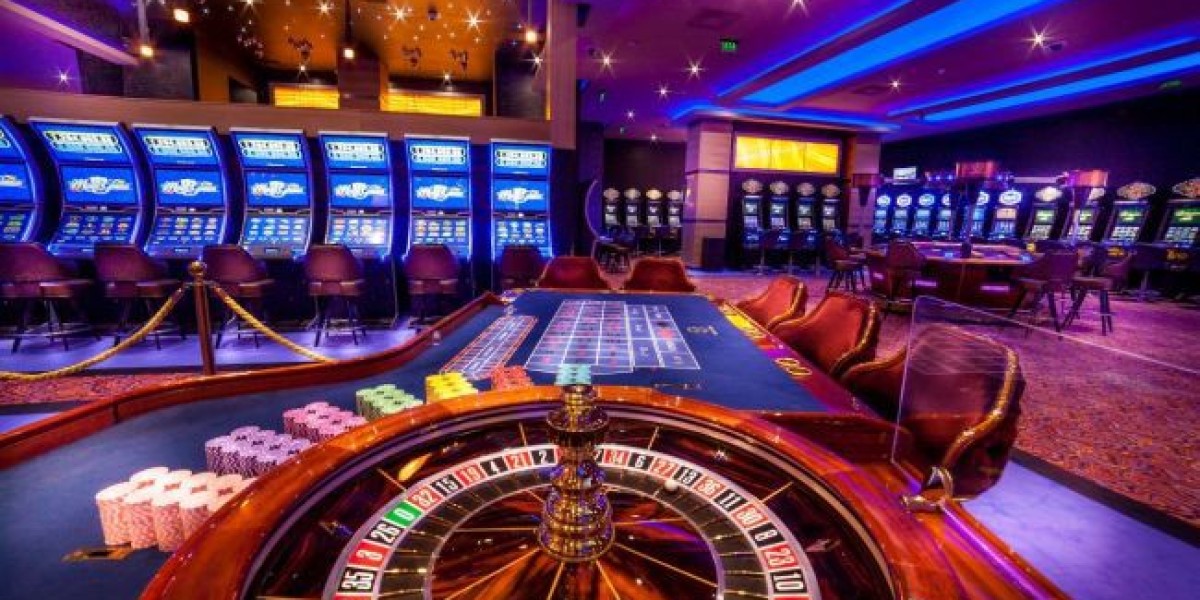As digital infrastructure becomes more deeply embedded in everyday life, the entertainment industries of English-speaking nations, including the United States, the United Kingdom, Australia, and Canada, have experienced significant transformation. A noteworthy example of this trend is the rise of interactive platforms that integrate advanced technologies with familiar themes. Among these, Monopoly Big Baller has gained traction due to its blend of nostalgia and innovation, driving interest in associated online environments. Check out our recommended Monopoly Big Baller sites to see how user-focused design and accessibility have redefined digital engagement in various regions.
In recent years, reviews of the best legal online casinos have increasingly emphasized platforms licensed and regulated within the jurisdictions of Canada, the UK, and states like New Jersey and Pennsylvania. These reviews often assess platforms based on factors like transparency, user security, and https://monopoly-big-baller.ca cross-platform integration. Interestingly, the rise of such regulated environments has impacted not just online gaming but also broader digital entertainment trends. For example, interactive experiences linked to branded franchises, including Monopoly Big Baller, often appear on these well-reviewed platforms, reinforcing brand trust and drawing in users who seek a more secure and polished digital space.
What makes this digital transformation particularly compelling is how it intersects with regional development strategies. In Canada, for instance, provinces such as Ontario have implemented regulatory frameworks that encourage innovation while protecting consumers. These policies have led to the development of highly interactive online experiences that blend gaming, entertainment, and cultural identity. The same is true in Australia, where certain states allow regulated digital platforms that support employment, content creation, and even educational outreach about responsible online behavior.
One of the less obvious benefits of these trends is their contribution to the local digital economy. In English-speaking markets, legal and regulated digital entertainment platforms—including those hosting Monopoly Big Baller—often collaborate with tech companies, graphic designers, voice actors, and AI specialists. These collaborative ecosystems not only generate jobs but also nurture technical literacy and digital creativity across sectors. For instance, studios in British Columbia and Quebec have emerged as creative hubs for online interactive entertainment, offering both local talent and international investors access to skilled labor and advanced tools.
Additionally, the influence of regulated platforms extends into tourism and hospitality. Cities known for their land-based entertainment hubs—like Las Vegas in the United States or Sydney in Australia—have started integrating digital enhancements into their physical attractions. These may include augmented reality installations or mobile app tours that complement visits to iconic venues. By linking digital platforms with real-world experiences, regional economies attract a new generation of visitors interested in tech-savvy travel.
Cultural representation has also improved through digital entertainment innovations. Legal frameworks in the UK and Canada encourage inclusion and accessibility in media production, which extends to digital platforms. These regulations help ensure that content, including online interactive formats like Monopoly Big Baller, reflect the diversity of their audiences. This has had a ripple effect across entertainment sectors, inspiring producers and developers to prioritize inclusive storytelling, intuitive design, and multilingual support.
The pandemic further accelerated these digital shifts. With physical venues temporarily closed, users turned to online platforms not just for entertainment, but for connection and community. Legal and well-reviewed online platforms provided a secure space for users to explore new experiences, contributing to the normalization of interactive digital entertainment across generations. For instance, grandparents and grandchildren alike could engage in shared activities through platforms that supported multi-device compatibility and real-time communication—often hosted by the same entities that now feature Monopoly Big Baller.
Moreover, academic institutions have taken notice of these developments. Universities in Canada and the UK have begun offering specialized courses in digital interaction design, regulatory policy, and cultural tech entrepreneurship. These programs aim to equip students with the skills needed to navigate and shape the future of regional digital entertainment markets. As a result, a new wave of professionals is emerging, trained to bridge the gap between regulatory compliance, creative development, and user engagement.
In summary, while the appeal of engaging, legally sanctioned online experiences like Monopoly Big Baller is clear, their broader influence extends far beyond digital play. They are catalysts for economic growth, cultural innovation, and technological progress in English-speaking countries and Canada. Platforms that prioritize safety, inclusivity, and interactivity—frequently featured in reviews of the best legal online casinos—are shaping the future of digital entertainment, one immersive experience at a time.







